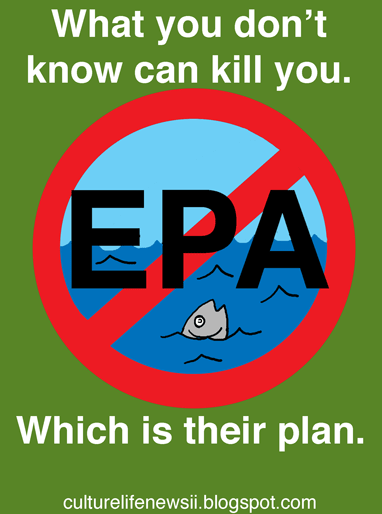Friday, September 30, 2011
Blog Stage Three: "Editorial: Instead of fixing air issues, Texas sues EPA - again"
In the Houston Chronicle's Editorial Section, a staff writer wrote this editorial in concern for the air pollution and environment. Their audience: Texas taxpayers and people concerned about the environment. The author supports EPA (Environmental Protection Agency) and wants Texans to fix the air issues instead of suing EPA.
The author's main argument is that EPA is good. Texas is trying to avoid following EPA rules and that Texas sues instead of cleaning the air. Their argument relies on the assumption that the EPA is good and beneficial. The government has the responsibility to provide for the common good. Therefore, it's important that the government monitors air quality.
This editorial did provide some evidence to support their claims, but I found that some were blatantly misleading and unsubstantial.
"So Texans, home to 19 coal-fired power plants, the most in the nation, filed another lawsuit."
This "fact" is a fallacy. Pennsylvania has the most in the nation at 40 coal-fired power plants and many other states have more than Texas does.
"...EPA projections that cleaner air would save lives, create jobs and save about $100 billion a year..."
I didn't know that people died from breathing. How does cleaner air save lives?
No proof/evidence is provided. I would understand the assumption that less air pollution would decrease asthma, but not deaths. How would EPA create jobs when stated earlier in this article that Texas Attorney General Greg Abbott's office and Luminant Generation Co. claimed that EPA rules "would result in loss of jobs". How would EPA save $100 billion a year? Doesn't the 'cleaner' machinery/techniques cost money?
I understand now that the author of this article is anonymous because they're no facts, just their opinions.
Is this editorial successful? No.
I do want clean air -who doesn't? But will the air ever truly be clean?
Not until the entire world joins together with clean air solutions, and even then the air is not going to be "clean". EPA can't fix the air. The air quality today is better than it was in the 1800s. In early times, people were polluting the Earth and that's the way it is. People are here on Earth to use its resources.
This editorial didn't convince me that Texans should comply with EPA and obey their rules. EPA puts the Americans' businesses at a disadvantage when they are forced to follow strict rules when their competitors, like China, don't have to follow all these regulations. Then there's no surprise when American businesses can't compete with the cheap prices thus they go out of business. All the trucks that travel to and from Mexico, through Texas, create pollution. Why aren't they talking about that?
Article's Conclusion: Texas is being unreasonable and should fix the air issues by following EPA rules.
EPA is the unreasonable one here and sorry we, yes even Texas, cannot clean the world's air. We cannot control the wind and the pollution, from other countries, that come with it.
Thursday, September 15, 2011
Blog Stage Two: "Texas Slashes Financial Aid Funding for College Students"
How Some Programs Are Effected:
- Work study, consists of 4,400 students, received $15 million.
- The Top 10 Percent Scholarship, given to 16,200 students who graduate high school in the top ten percent of their class , received $39.6 million. A 23 percent reduction from the previous funding, $51 million.
- The Texas Armed Services Scholarship, consists of 162 students, received $1.75 million.
- B-On-Time, given to 9,200 students who graduate within four years with a B average received $111.9 million. A reduction of 29 percent from the previous funding, $157.1 million.
Subscribe to:
Posts (Atom)

